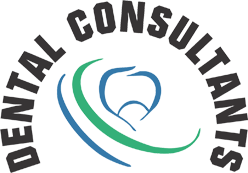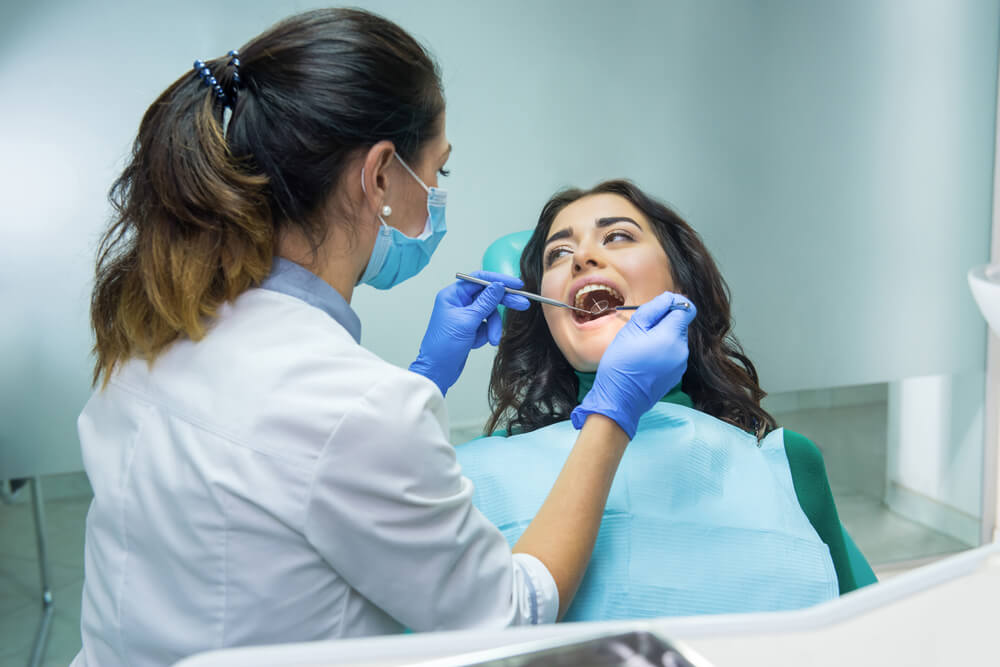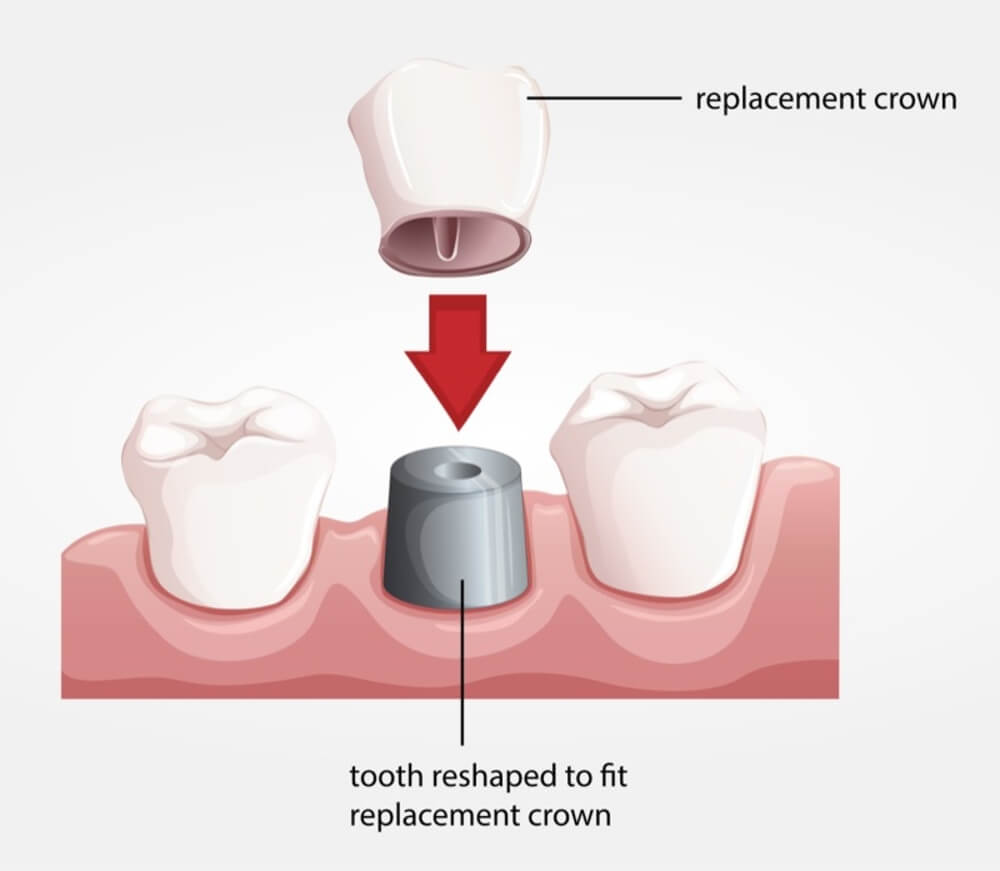How to Care for Baby Teeth (Baby Teeth Care Tips)
Baby Teeth Care Tips – Brushing First Teeth, Teething, Gum Care
Baby Teeth Care Tips · Use a tiny smear of toothpaste for babies and toddlers up to 3 years old, and a pea-sized amount for children aged 3 to 6 years. Good oral hygiene starts when your child is a baby. If you start focusing on oral hygiene while your child is young, you’ll build good habits and help your child avoid serious dental problems in the future.
Oral Care Statistics for Babies and Children – Baby Teeth Care Tips
Why is good oral care so important for your baby? Studies show that the single most common chronic disease among children is tooth decay. Unfortunately, children lose millions of school hours every year due to problems that are dental-related. The best way to prevent tooth decay in children is to focus on good oral care before the very first tooth comes in.
Oral Care Before the First Tooth – Baby Teeth Care Tips
Even if your baby doesn’t have a tooth yet, you need to care for your baby’s gums. You won’t even need toothpaste or a toothbrush. All you need is a moist piece of gauze or a moistened, soft washcloth to wipe down and gently massage your baby’s gums. This should be done at least twice each day. It’s especially important to clean your baby’s gums before bed and right after feedings. Caring for your baby’s gums helps to eliminate bacteria so plaque isn’t left behind to damage your child’s teeth when they start coming in.
 It’s also important to take measures to prevent a problem known as baby bottle tooth decay. This means you should avoid putting the baby to bed with a bottle that contains juice, formula, or any sugary drinks. The more sweet things come into contact with teeth and gums, the more likely it is for tooth decay to occur. Even though your baby doesn’t have teeth yet, you need to avoid putting them down with a bottle.
It’s also important to take measures to prevent a problem known as baby bottle tooth decay. This means you should avoid putting the baby to bed with a bottle that contains juice, formula, or any sugary drinks. The more sweet things come into contact with teeth and gums, the more likely it is for tooth decay to occur. Even though your baby doesn’t have teeth yet, you need to avoid putting them down with a bottle.
Caring for Baby Teeth
Usually, the first teeth begin to show up at around 6 months, and when you first see those teeth, it’s time to start looking for a quality baby toothbrush. You need one with a good grip and a small head. Make sure it’s specially designed for babies. Your baby’s teeth should be brushed twice a day with just a tiny smear of toothpaste containing fluoride. Gently brush all sides of the tooth, as well as your baby’s tongue if possible. If the toothbrush bristle begins to look splayed or worn, make sure you replace it.

Since your baby’s teeth are fairly far apart, there’s no need to start flossing at this age. Many dentists recommend that you wait to begin flossing until the surfaces of your teeth start touching, meaning they can’t be fully cleaned with a toothbrush.
Your Baby’s First Dental Visit
Even before your baby needs to see a dentist, it’s a good idea to take your baby with you to your dental appointments so they can meet the dentist. This allows a baby to begin becoming accustomed to the dental office, reducing problems with stress later.

Once your baby’s first tooth erupts, you should take your baby for her first dental visit within six months. Find a good family dental practice that specializes in treating babies and children. After your baby’s first dental visit, follow your new dentist’s advice on the need for routine visits and dental hygiene.



